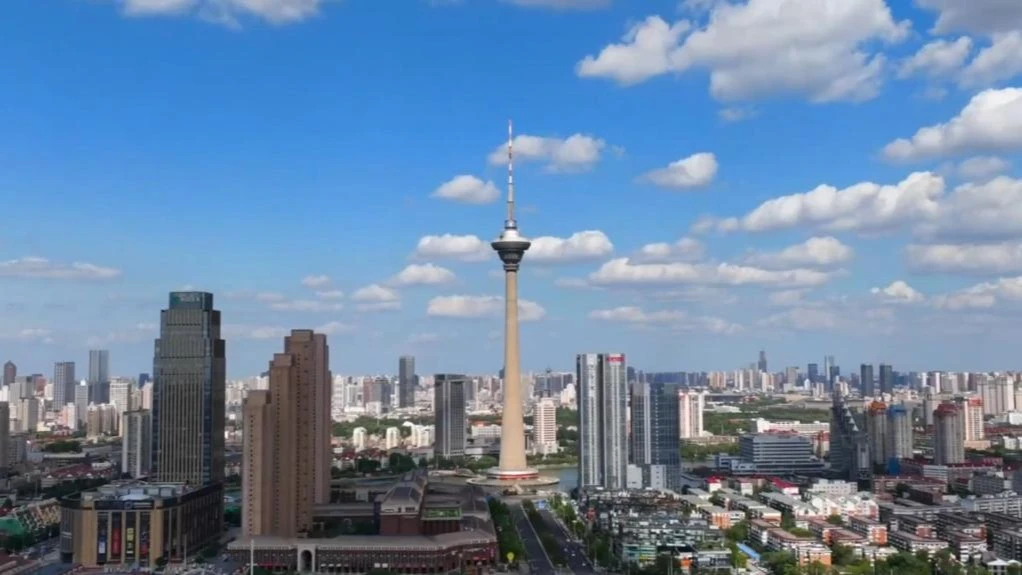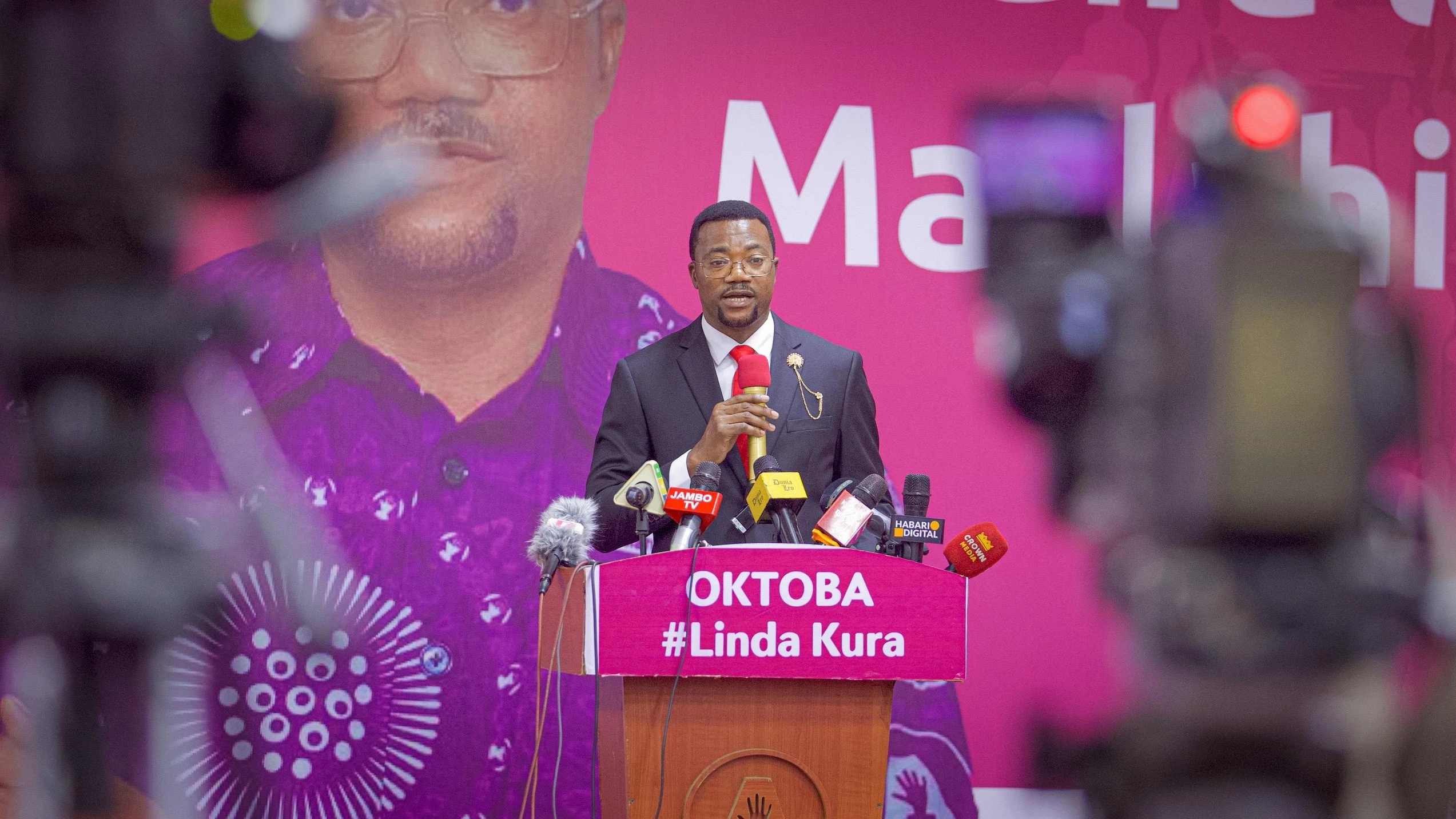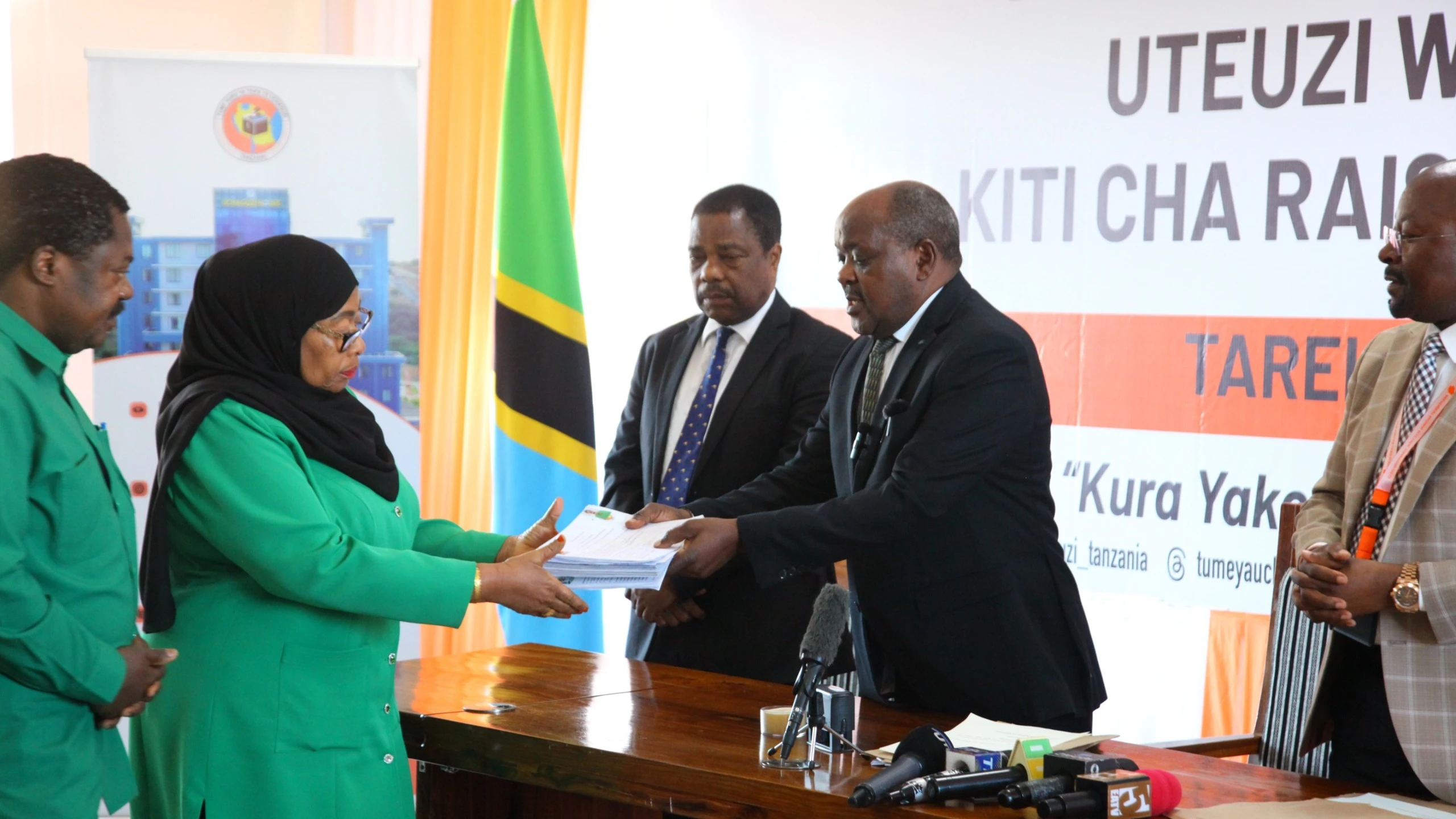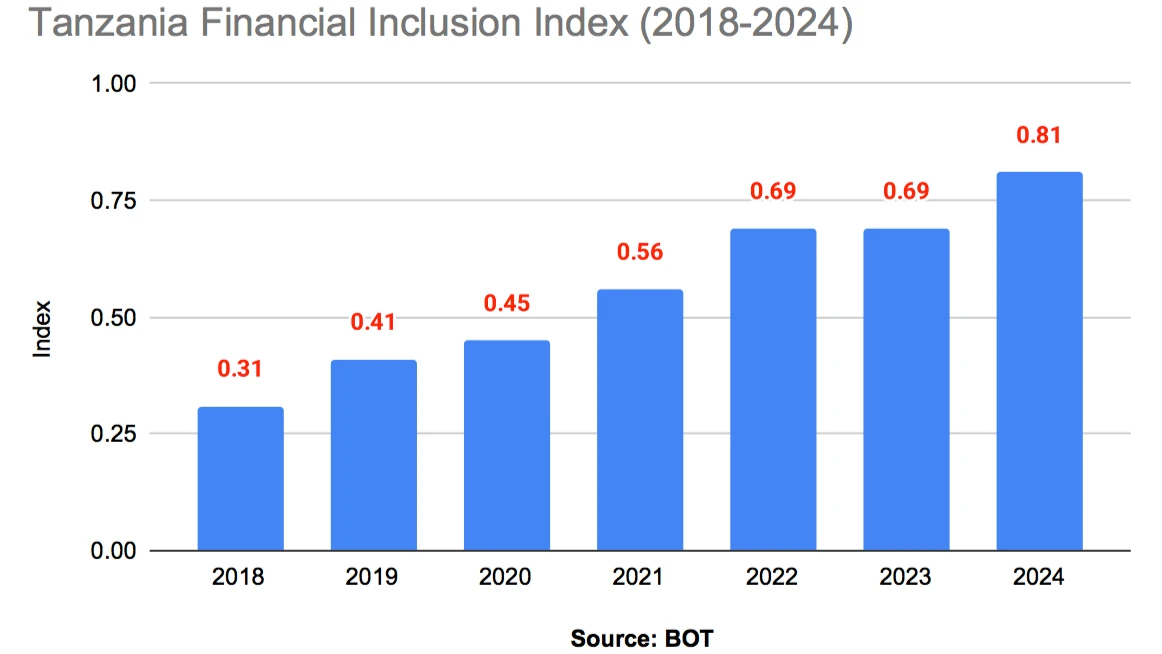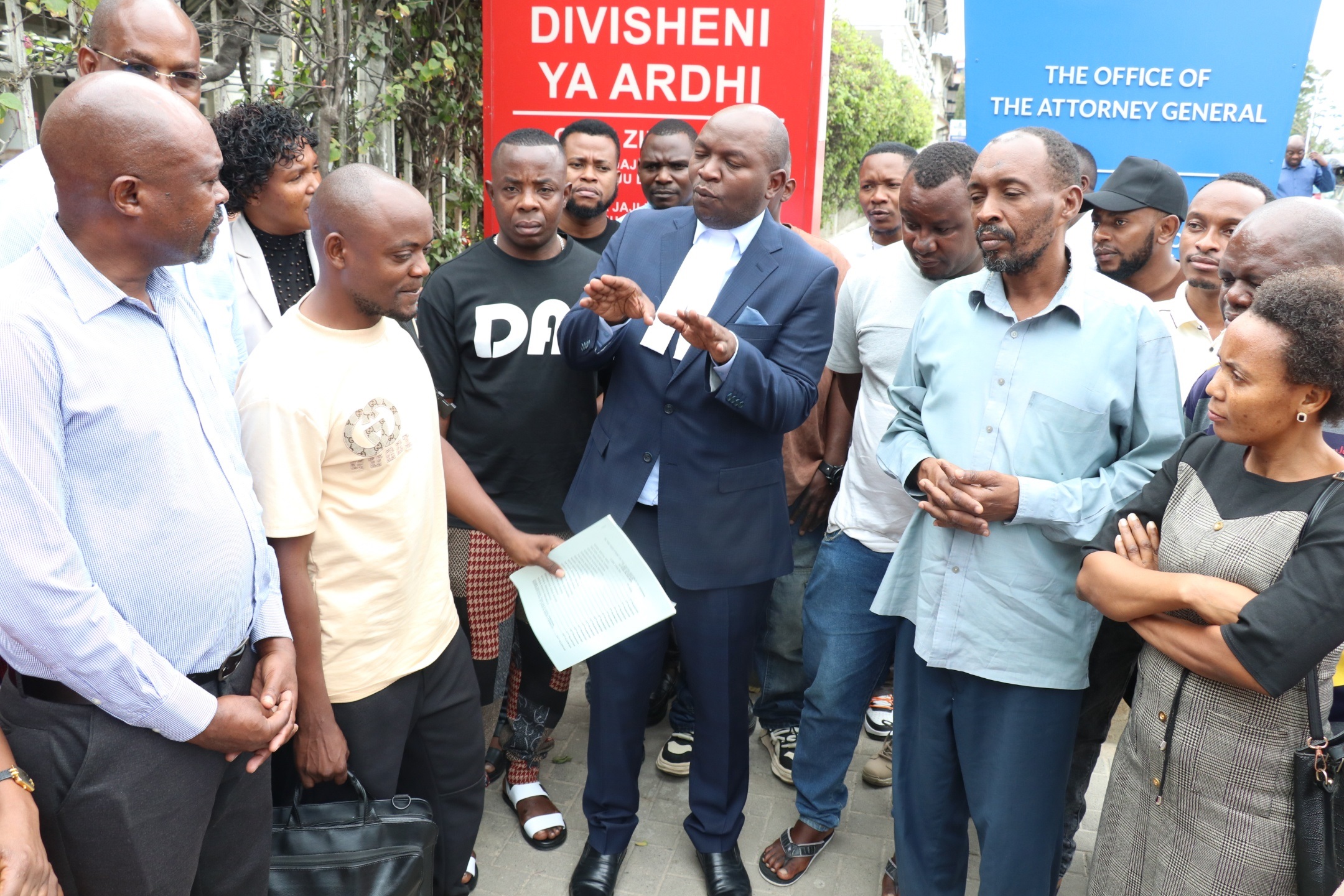Global agencies projecting 5.9 pc GDP growth in 2025
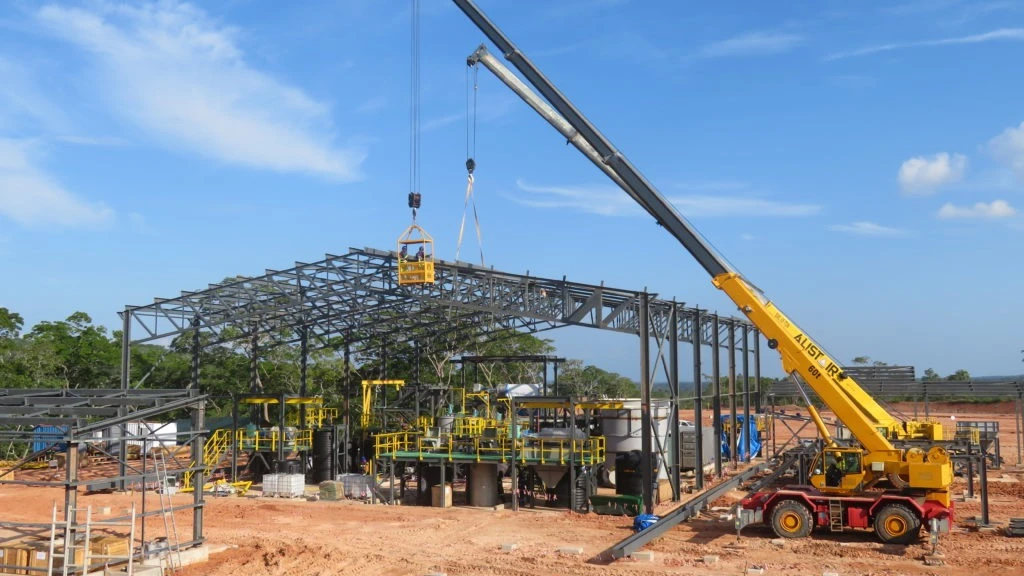
Tanzania’s economy is expected to expand by an average of 5.9 percent in 2025, the fastest pace in six years, before edging higher to 6.5 percent in 2026, according to global agencies.
The latest Sub-Saharan Africa Consensus Forecast Report released last week by Barcelona-based FocusEconomics attributes the positive outlook to increased fixed investment in mining, infrastructure projects, and pre-election spending that will boost public expenditure.
“Tanzania’s economic growth is seen at its highest since 2019 this year. Mining and infrastructure projects will fan fixed investment and pre-election outlays will buttress public spending,” said Adria Solanes, an economist at FocusEconomics.
However, he cautioned that exports are expected to decelerate amid global trade tensions, while higher inflation will likely limit private consumption growth. Solanes added that extreme weather events remain a significant downside risk.
The panel maintained its forecast of 5.9 percent GDP growth in 2025 and expects the economy to expand by 6.0 percent in 2026.
Other agencies provided a mixed picture: Allianz and Citigroup Global projected growth of 5.4 percent, Oxford Economics at 5.7 percent, while the Economist Intelligence Unit (EIU), Euromonitor International, Standard Chartered, and Capital Economics placed growth at 6 percent.
Meanwhile, Moody’s Analytics, Fitch Solutions, and FrontierView projected a slightly higher 6.1 percent.
Looking ahead to 2026, at least 11 agencies expect growth between 5.1 percent and 6.5 percent, broadly consistent with forecasts from the IMF, United Nations, World Bank, and African Development Bank (AfDB), which project 5.9–6.0 percent in 2025 and 5.8–6.1 percent in 2026.
In its latest Article IV Consultation with Tanzania, the IMF said the country’s economic conditions continue to improve, supported by prudent macroeconomic management, robust growth, and financial stability.
It cited ongoing reforms aimed at enhancing the business climate, fostering diversification, strengthening public financial management, and building climate resilience.
Still, the Fund warned of downside risks, including a slowdown in the global economy and trade, geopolitical conflicts, geoeconomic fragmentation, climate-related shocks, and reduced external assistance.
The Bank of Tanzania’s July Monetary Policy Report projects Mainland Tanzania’s GDP growth at 6 percent in 2025, while Zanzibar’s economy is expected to grow at 7.3 percent.
The outlook is supported by investments in railways, roads, airports, and sports facilities, including preparations to host the African Nations Championship (CHAN), along with improvements in agriculture, mining, and tourism.
This outlook is also bolstered by proactive reforms, a favorable external sector, and continued investor confidence as reflected in recent MPC surveys and the reaffirmation of Tanzania's credit rating
In July, Tanzania also signed an agreement with Russia’s state nuclear corporation to build a US$1.2 billion uranium processing plant beginning in early 2026.
A pilot facility was launched alongside the announcement, with full commissioning planned for 2029.
The project is expected to boost near-term investment and enhance long-term energy capacity.
On the inflation front, FocusEconomics panelists forecast consumer prices to rise by 3.3 percent on average in 2025—unchanged from the previous month—before increasing to 4.0 percent in 2026.
Top Headlines
© 2025 IPPMEDIA.COM. ALL RIGHTS RESERVED












